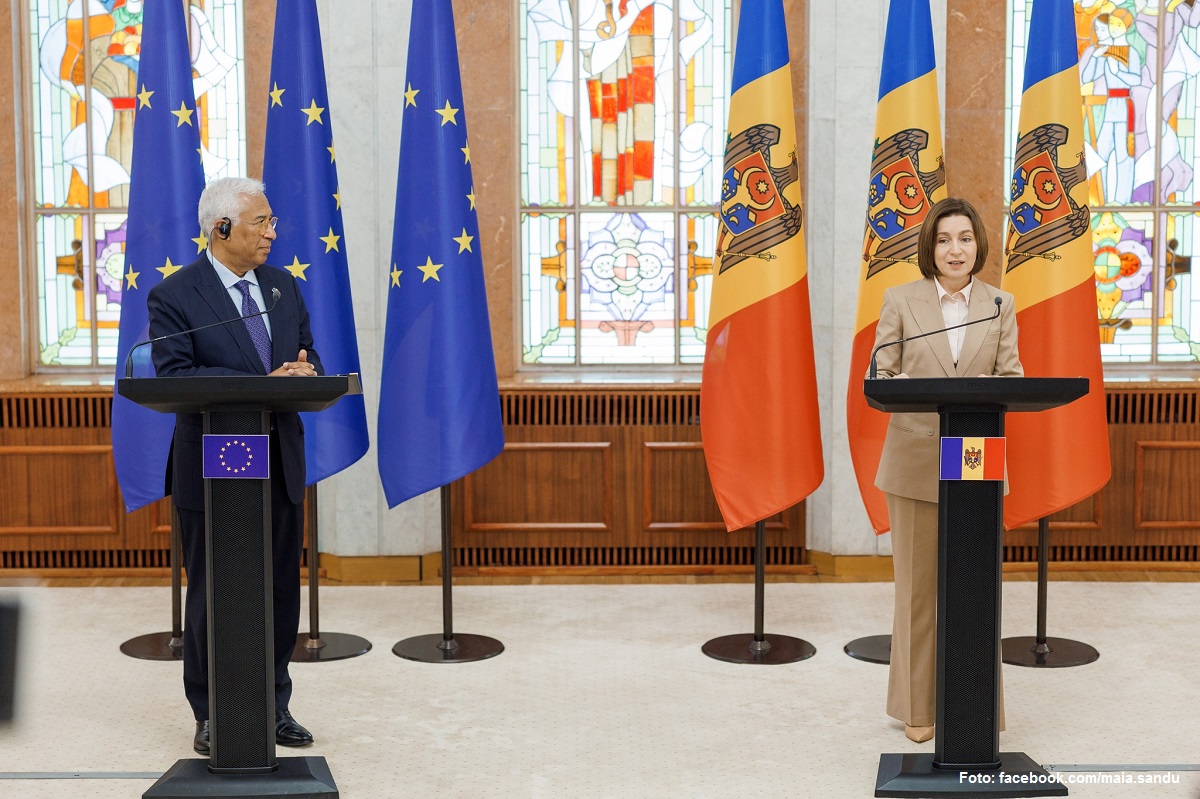How Romanians See the Greek Crisis
In the context of the Greek debt crisis, a little more than half of the Romanians think Romania is safe from certain risks because it uses the national currency and has not switched to the euro, says a recent survey.

România Internațional, 22.07.2015, 13:46
According to a recent opinion poll concerning the Greek debt crisis, almost half of the Romanians believe the citizens of a state need to make some sacrifices for their country to be able to pay its foreign debt in time, and most of the respondents believe Romania is safe from certain risks. As many as 54% of the Romanians believe their country is at an advantage because it uses its own currency and has not adopted the euro, 24% believe Romania would have a better economic situation if it had joined the Eurozone, while 21.5% chose the option “dont know/dont answer.
The survey also indicated that only one-quarter of the interviewees think the Greek debt crisis will have a major impact on the Romanian economy and people, and one-third of them think the situation in their own country will be influenced to a small or very small extent by what happens in Greece, which hopes for a new loan worth 86 billion euros. The large number of people who believe Romania is safe from a number of risks due to not being a member of the Eurozone must not be viewed however as a vote of no confidence for the switch to the European currency. It is rather related to the influence of a specific situation, whose weight in the general opinion on the switch to the euro must be assessed carefully, believe the authors of the survey.
Nonetheless, the answers point to some sense of increased confidence in the national currency, the leu. In fact, international media noted that the adoption of the euro is becoming less attractive for many of the countries that consider this move, and quoted statements by politicians in Hungary, Poland, Croatia and Romania, which are rather cautious as regards the Eurozone entry. Although Romania has 2019 as a target year for switching to the euro, few believe this deadline to be realistic. Mugur Isarescu, the governor of the National Bank of Romania, has recently said the process may take as long as ten years. Beyond the problems caused by the debt crisis, he says, inflation has dropped in Romania and the leu reached normal rates in relation to the other European currencies.
Also, Romanians tend to save mostly in their national currency, with better interest rates than those on the dollar. Moreover, as of recently loans in the national currency have started to grow. Mugur Isarescu warns that the adoption of the euro is a much more complicated process than the national currency denomination, which, although it simplified things, generated anxiety among the general public. The public discussion around the switch to the euro must be a lot more complex, and people must be prepared emotionally, the head of the Romanian central bank added.






























